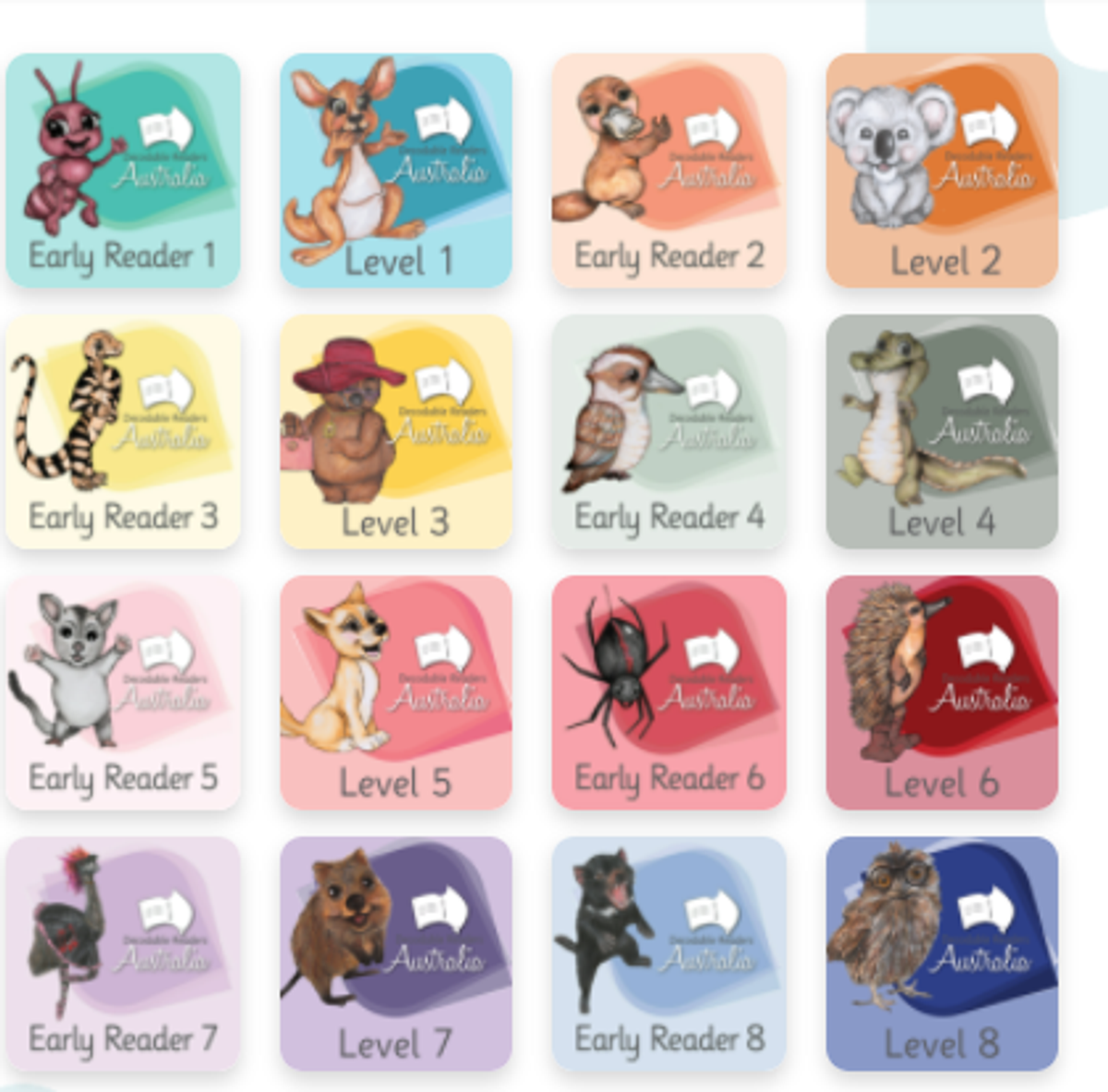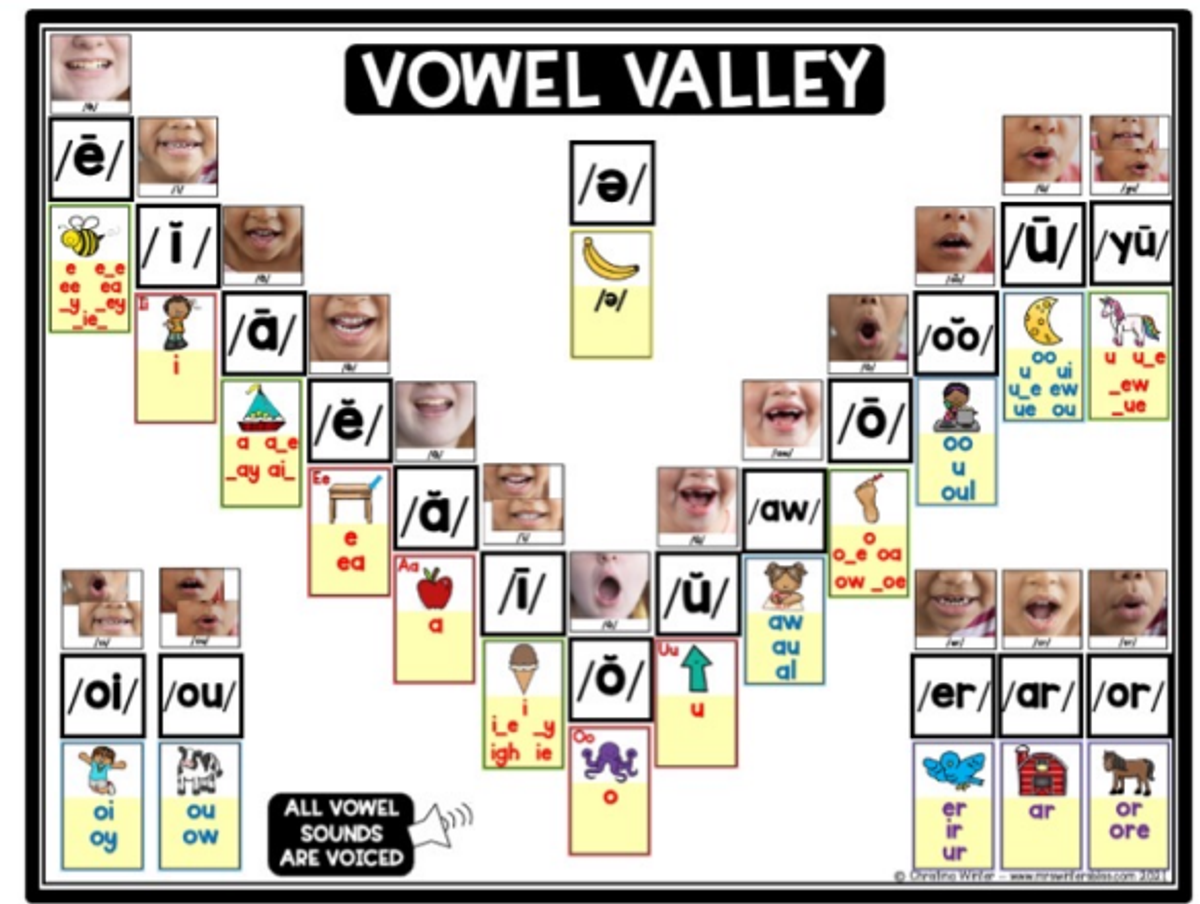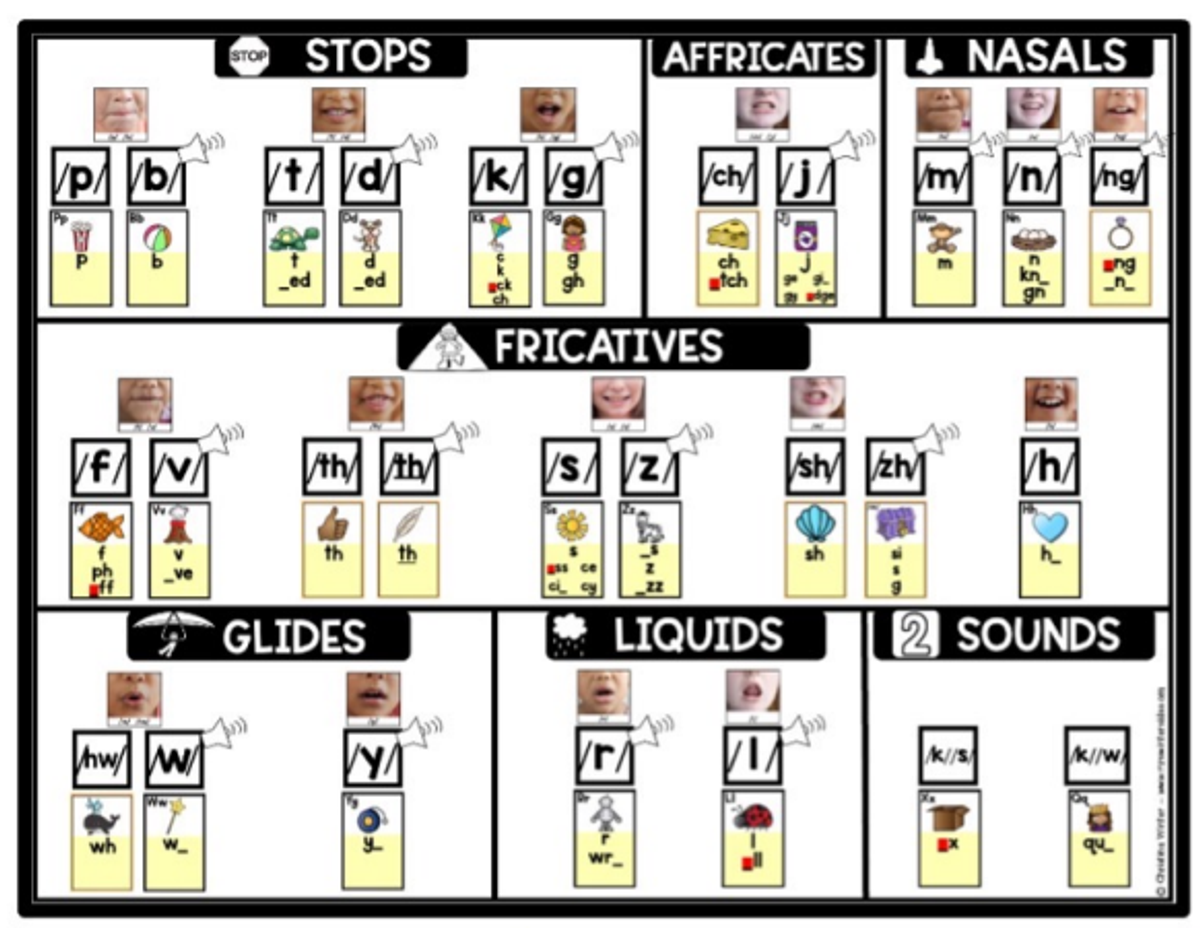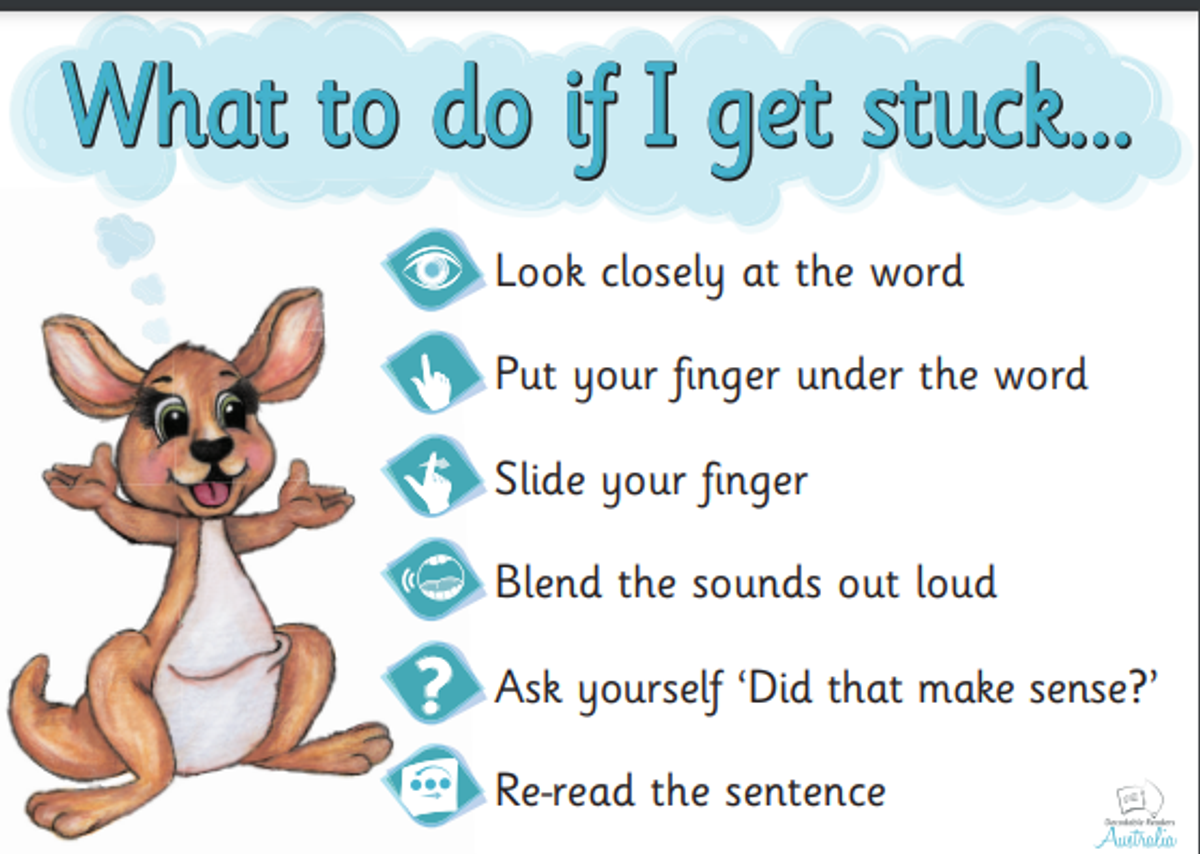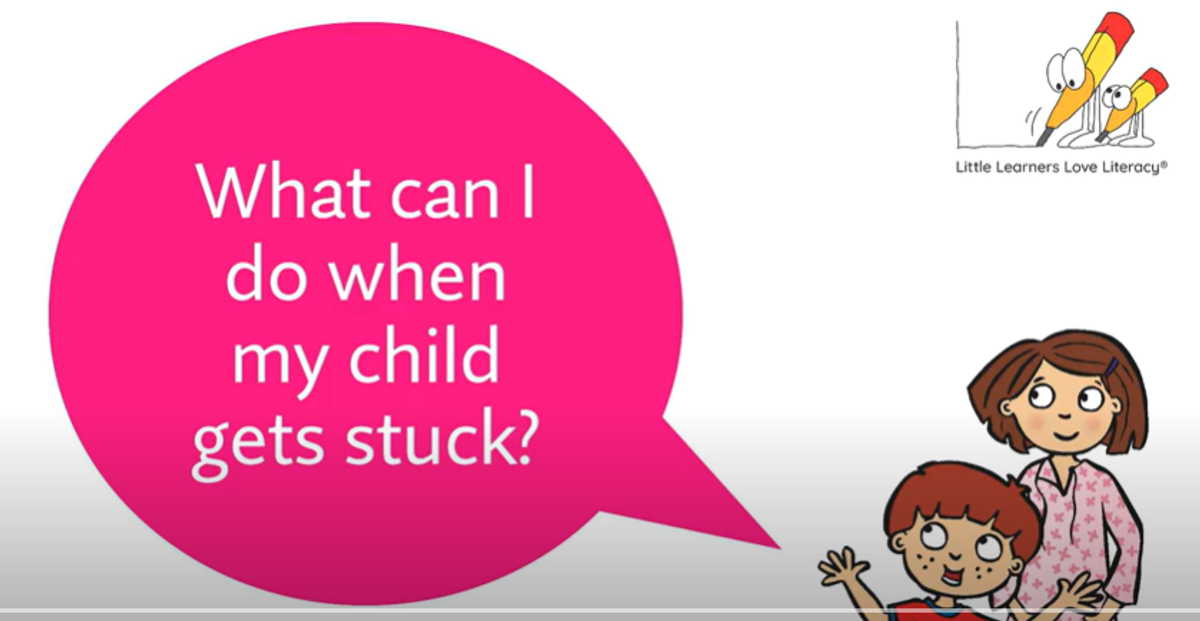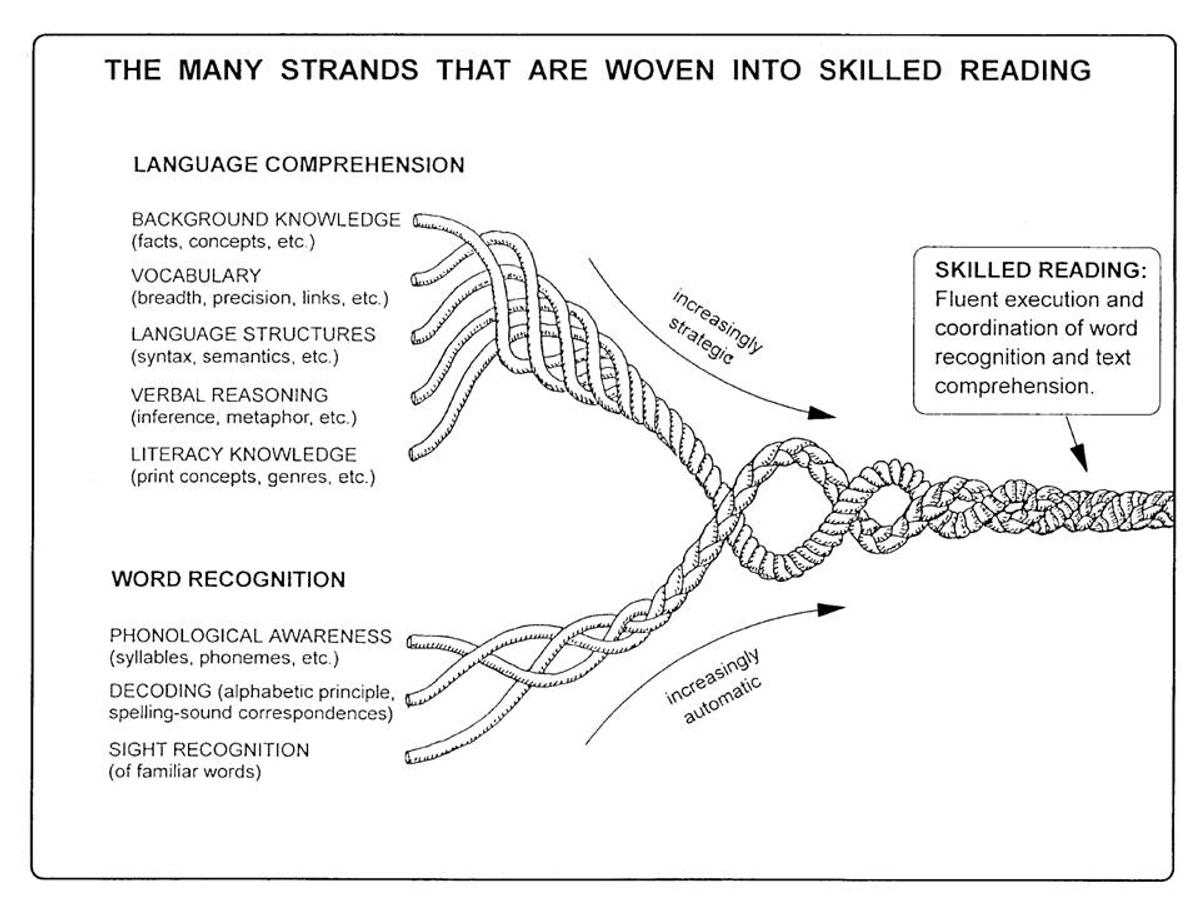English

Our Science of Reading Journey
At Windang Public School we have begun our Science of Reading journey. As teachers, we are engaging in regular professional learning and collaboration to increase and share our knowledge and expertise to teach reading as effectively as possible. We are passionate about providing our students with the best education! If you aren't aware of what the 'Science of reading' is , the definition from The Reading League may assist:
The science of reading is a vast, interdisciplinary body of scientifically-based research about reading and issues related to reading and writing. This research has been conducted over the last five decades across the world, and it is derived from thousands of studies conducted in multiple languages. The science of reading has culminated in a preponderance of evidence to inform how proficient reading and writing develop; why some have difficulty; and how we can most effectively assess and teach and, therefore, improve student outcomes through prevention of and intervention for reading difficulties.
What does this look like in our classrooms at Windang Public School?
Students learning to read
Students are being taught how to read using a systematic synthetic approach which means that we teach students a small set of new phonemes (speech sounds) such as /s/, /a/, /t/, /p/, /i/, /n/ and how to confidently decode and blend these sounds to read words. Students are given plenty of opportunities to practice their skills so that they can become more automatic and confident. As students develop their fluency, in particular the speed and automaticity components of fluency, they will be able to spend less cognitive load (brain energy) trying to lift the words off the page. When they have achieved this speed, automaticity and confidence we then add in another small set of phonemes while continuing to build upon the set already learned. As students progress in the reading skills we continue to systematically increase the number and complexity of phoneme-grapheme correspondences they learn. In a nutshell, we step students through a progression of reading skills to ensure they are confident and accurate with what they already know before adding new complexity. There is a vast body of research that proves that this approach is highly effective for all learners. Within our literacy sessions, students will also work on their ability to spell words and sentences predominantly using known phonemes.
We are using decodable readers (Australian Decodable Readers and Little Learners Love Literacy) and and online subscription to Australian Decodable Readers in addition to plenty of sound, word and sentence work, and learning games to support our students learning to read.
We have just created our first Sound Wall in the Learning Hub to help build student understanding of the correct mouth articulation and to help students recognise particular phonemes within words which can be unpacked in both reading and spelling.
How can you support your child at home to read?
Whether your child is just beginning to learn to read, finds reading tricky or is a confident reader we would love for you to read widely and deeply with your child and help instill a love of books and literature. Reading together, discussing the interesting features or events in the book, discovering new words and knowledge, understanding the language devices such as similes and metaphors, tracking characters and what they say and do are some examples of the discussion you could have together. If your child is learning to read the 'What to do if I get stuck' visual and the Little Learners Love Literacy video should help.
https://www.yout-ube.com/watch?v=5PrlYKibnNg
Developing language and reading comprehension
The science of reading includes vast research into building language and reading comprehension skills as well as the ability to crack the alphabet code (lift the words from the page).
At Windang Public School we are providing students with opportunities to build their reading and language comprehension using a variety of rich literature. The visual below of Scarborough's Reading Rope outlines the skills we are building in students to help them become skilled readers. As life long learners, this year our teaching team will continue to unpack research, invest in professional learning and continually strive to improve so that we can help our students become confident readers who can make sense of what they read, build their knowledge and enjoy reading.
This week we are very excited to be able to observe our Speech Pathologist Jess Buchelin deliver demonstration lessons in each stage. Jess' skills in speech pathology and their application to science of reading is amazing. This will be a great opportunity for teachers to observe, reflect and refine their practice.
Thank you to our families for their support with online subscriptions to Wushka or Australian Decodable Readers to further support children's reading at home. We really appreciate your commitment and support and feel very privileged to be working together with you to help students to build their literacy skills.
Carinya Barkley
Assistant Principal, Curriculum & Instruction & Literacy Leader

